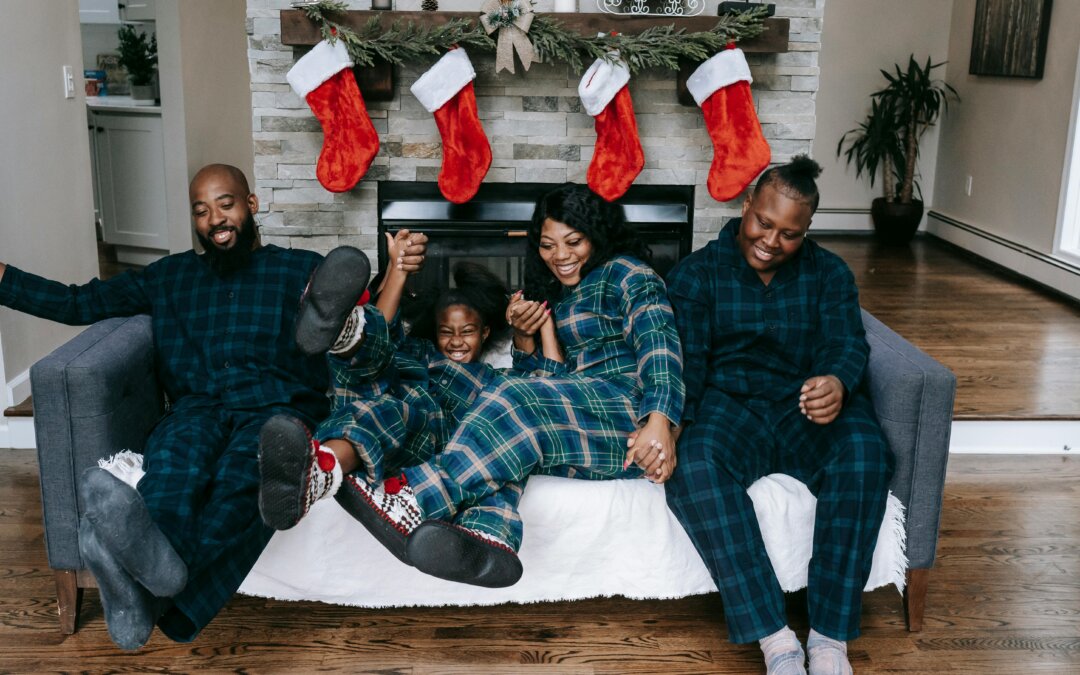As the year comes to a close, we have a unique opportunity to pause and reflect on everything we’ve experienced—the highs, the challenges, and the many moments in between. Taking this time together as a couple or family is more than a sentimental exercise; it’s a way to deepen understanding, celebrate each other, and move into the new year feeling more connected. Research shows that such reflective practices are essential for strengthening relational bonds, fostering mutual empathy, and cultivating resilience as a family or couple.
Here’s a guide to making this reflection ritual meaningful, engaging, and backed by systemic psychology and family studies research.

Start with a Family or Couple “Meeting of Memories”
In systemic psychology, rituals hold a special place in helping individuals feel secure and connected within their relationships. Reflecting on shared experiences can foster emotional closeness by helping everyone feel heard and valued. Research suggests that intentional family gatherings or couple rituals create what psychologists call “relational resilience,” which helps people manage stress and navigate future challenges together.
Action Step: Set aside an evening for a “Meeting of Memories.” Gather somewhere comfortable—around the dinner table or in a cozy part of your home—where everyone can share memories openly. This intentional time demonstrates each person’s commitment to the relationship, a key element in building trust and togetherness.
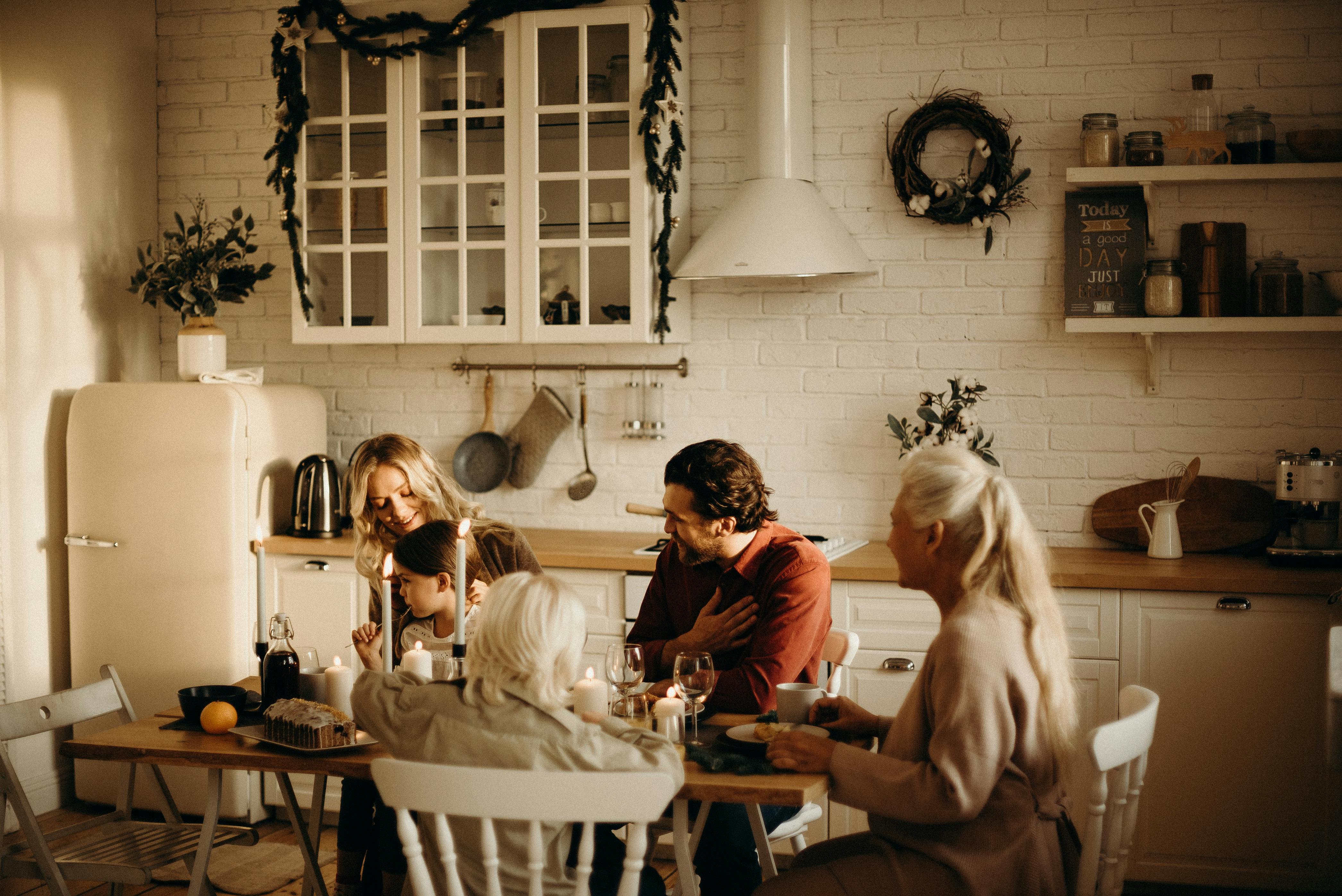
Use Open-Ended Prompts to Go Beyond Surface-Level Reflection
The power of open-ended questions lies in their ability to encourage deeper conversations. Research shows that open-ended prompts help family members or partners feel more comfortable expressing their thoughts and feelings, which in turn fosters empathy and closeness. These questions encourage each person to share personal insights and meaningful experiences, creating a richer understanding of each other’s inner worlds.
Try prompts like these to spark genuine conversation:
– “What was your favorite memory from this year, and why?”
– “What was a challenge we faced this year, and how did we grow from it?”
– “Was there a time you felt especially supported by us as a family (or couple)?”
– “What’s something you learned about yourself or our relationship this year?”
Such questions help surface memories and emotions that might otherwise go unspoken, building mutual empathy and connection.
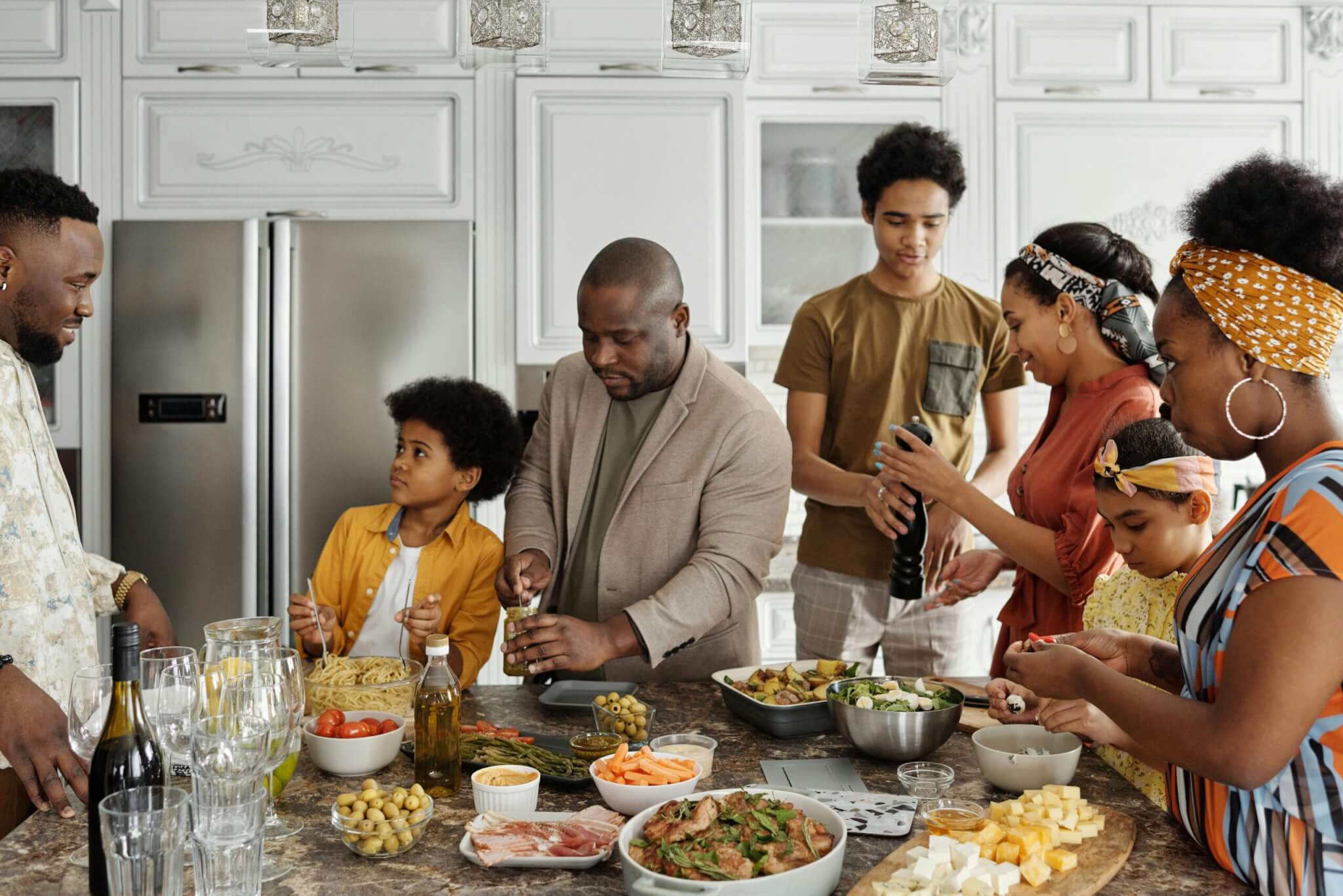
Look for Patterns and Shared Values
Systemic psychology emphasizes that reflecting on relational patterns helps families and couples become more aware of their shared values and strengths. Studies show that identifying positive patterns, like humor or teamwork, encourages people to lean on these strengths when navigating future challenges. By recognizing these patterns, you can reinforce them and create intentional strategies to build a more cohesive family or couple dynamic.
Action Step: Take note of any recurring themes or values that emerged throughout the year. If patience, resilience, or humor came up repeatedly, acknowledge these as foundational elements in your relationship. Recognizing both strengths and areas for improvement helps create a proactive approach to growth in the coming year.
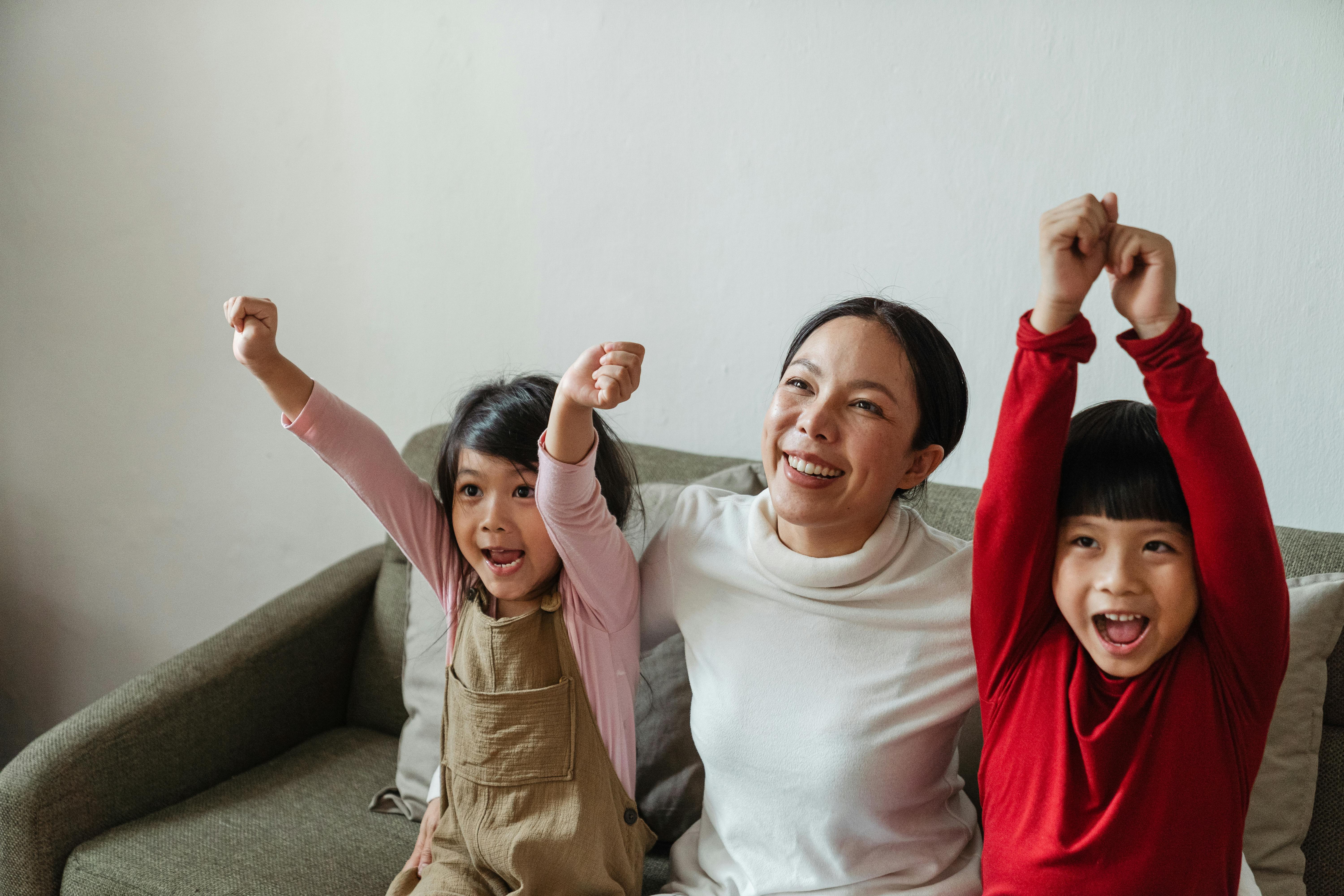
Celebrate Shared Achievements, Big or Small
Celebrating achievements together, no matter their size, helps build a strong “relationship culture” based on pride and encouragement. A 2011 study by Langston et al. found that couples who celebrate each other’s achievements, even minor ones, report higher levels of relationship satisfaction and emotional support. Celebrating these wins, even those that might seem small, reinforces the sense of being part of a supportive team.
Action Step: Reflect on milestones or simple victories from the year. Whether it was a successful family project, a creative outing, or simply maintaining connection during challenging times, take a moment to celebrate your collective achievements. Ask, “What’s something we did this year that makes us feel proud?”
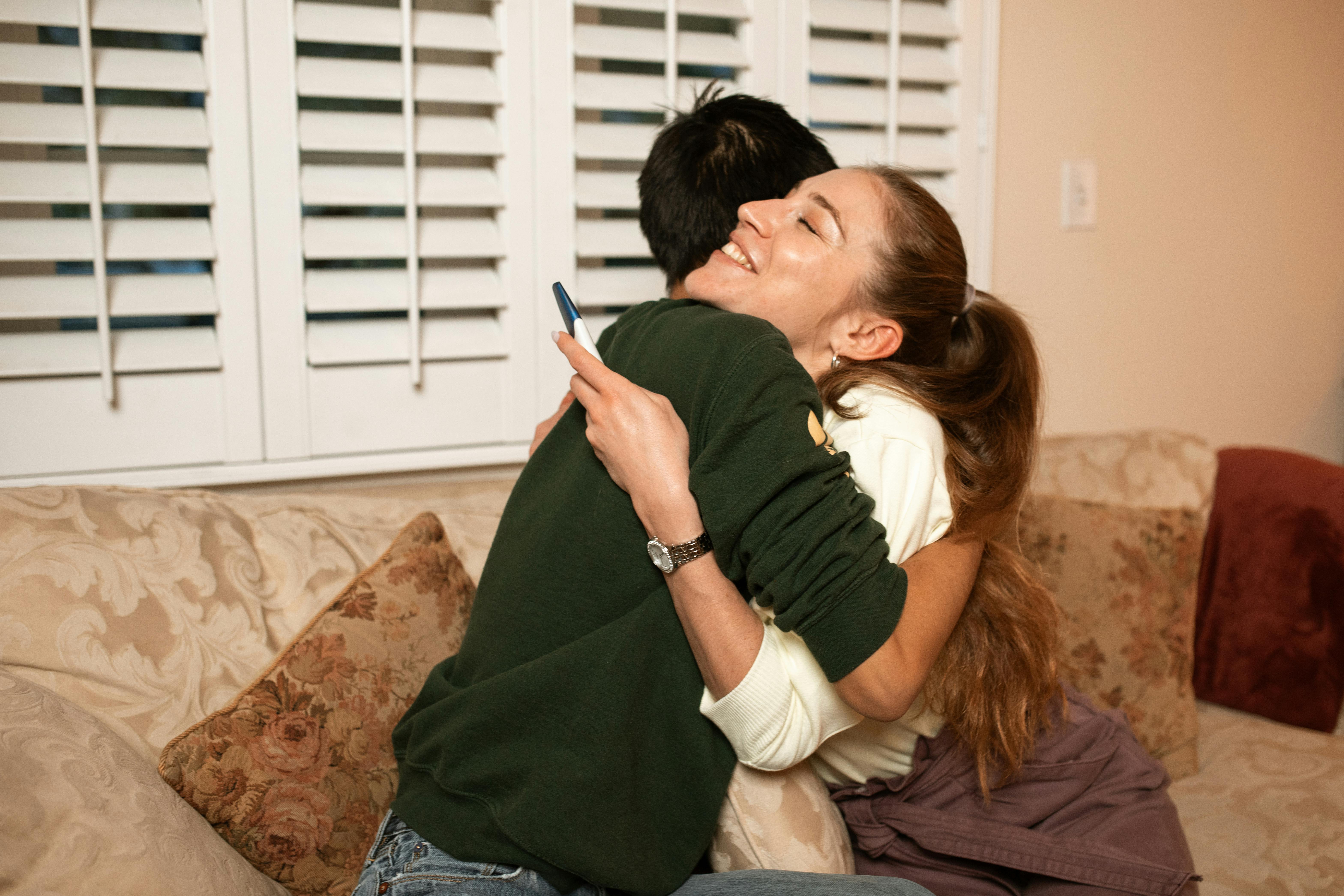
Honor Vulnerability and Lessons Learned
End-of-year reflections are powerful when they include moments of vulnerability, allowing each family member or partner to share challenges they faced and the lessons learned. Research shows that acknowledging difficult experiences together increases relational trust and builds resilience. This practice also normalizes struggles and validates each person’s unique experiences within the family or partnership.
Action Step: Use a question like, “What was something difficult you faced this year, and what did you learn from it?” to honor these vulnerable moments. Allowing space for these reflections deepens emotional intimacy and demonstrates that each person’s journey is a valued part of the family or couple dynamic.
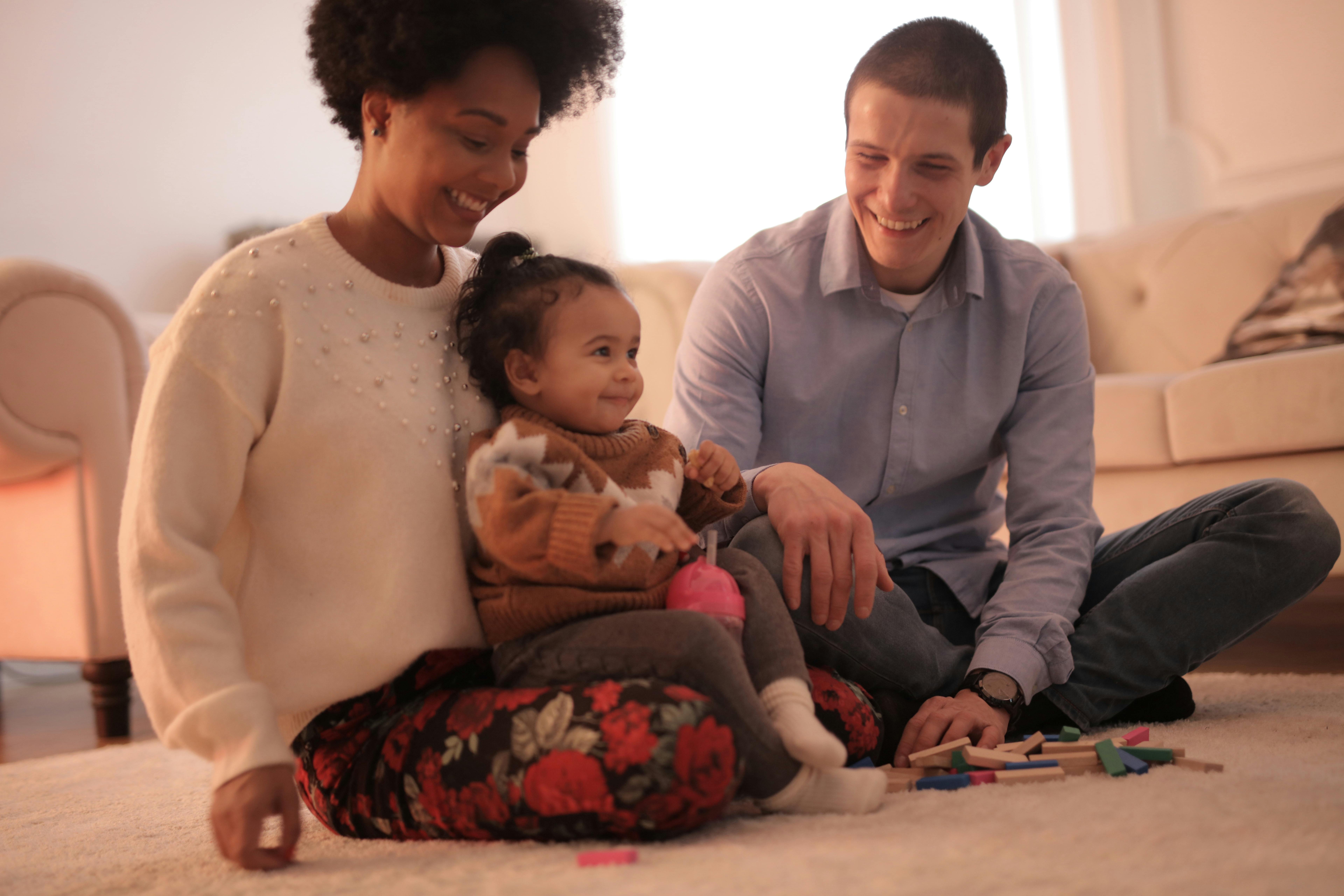
Choose an Activity Based on Children’s Ages
Adapting reflection activities to children’s developmental stages makes the process more engaging and accessible. Research in family engagement suggests that age-appropriate activities encourage children to express themselves and contribute meaningfully to family rituals.
– Young Children (Ages 3-7): Memory Jar—Each family member draws or writes a memory on a strip of paper to add to a “memory jar,” creating a collection of the year’s moments. Or, create a Family Art Collage with photos and drawings of favorite memories.
– School-Age Children (Ages 8-12): Highlight Reel Scrapbook—Work together to build a scrapbook filled with photos, mementos, and captions. Or, go around and share “Top 5” lists for favorite family moments or lessons learned.
– Teenagers (Ages 13-18): Personal Reflection Journals—Encourage them to journal individually with reflection prompts, then gather to share insights they’re comfortable discussing. Or, create a Memory Timeline of the year’s highlights, adding meaningful events month by month.
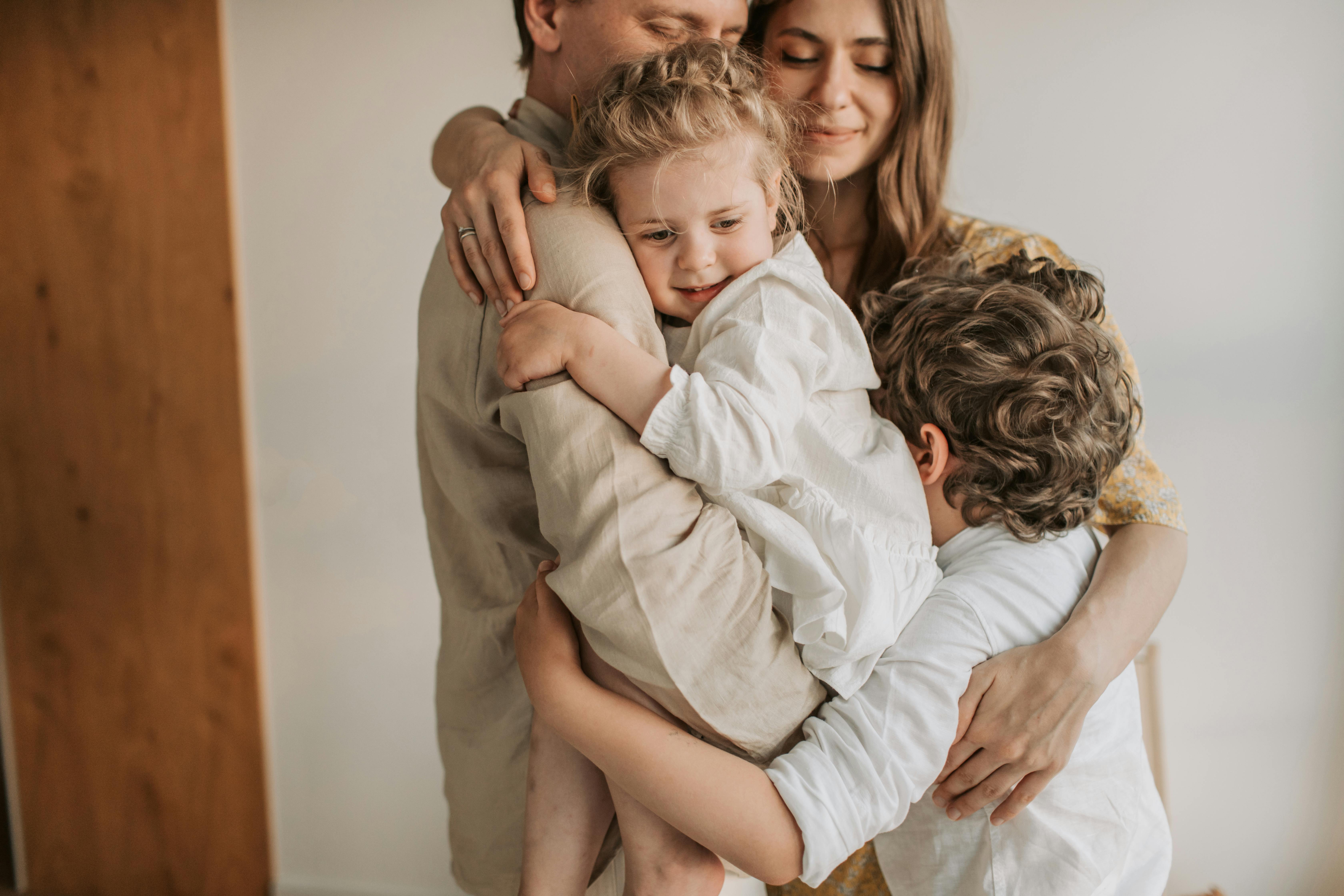
Seal the Moment with a Ritual or Symbol
Rituals and symbols, from systemic psychology, help mark important moments, creating continuity and a shared sense of purpose. A simple ritual can symbolize the close of one year and the start of a new one. Research supports the idea that rituals improve relationship satisfaction by providing a shared sense of meaning and continuity.
Action Step: Conclude your reflection with a ritual that resonates for everyone—a group hug, a gratitude circle, or even a shared moment of silence. For added meaning, each person could contribute a hope or intention for the coming year. This symbolic gesture closes the year with gratitude and sets a positive tone for the next.
Embracing Reflection as a Gift to Your Family and Relationship
Reflecting as a family or couple isn’t just looking back—it’s a way of growing closer, celebrating your shared journey, and preparing for the future with intention and gratitude. This practice is a gift you give each other, a moment of presence and connection that strengthens your bond and carries you into the new year with greater clarity and warmth.
Empower Your Connections: A Gift for Lasting Growth
If you’re ready to explore deeper ways to nurture these connections, I’m here to support you. Coaching sessions offer a safe, empowering space to deepen family bonds and strengthen your relationship. This year, consider giving yourself the gift of growth and connection—a gift that lasts a lifetime.
